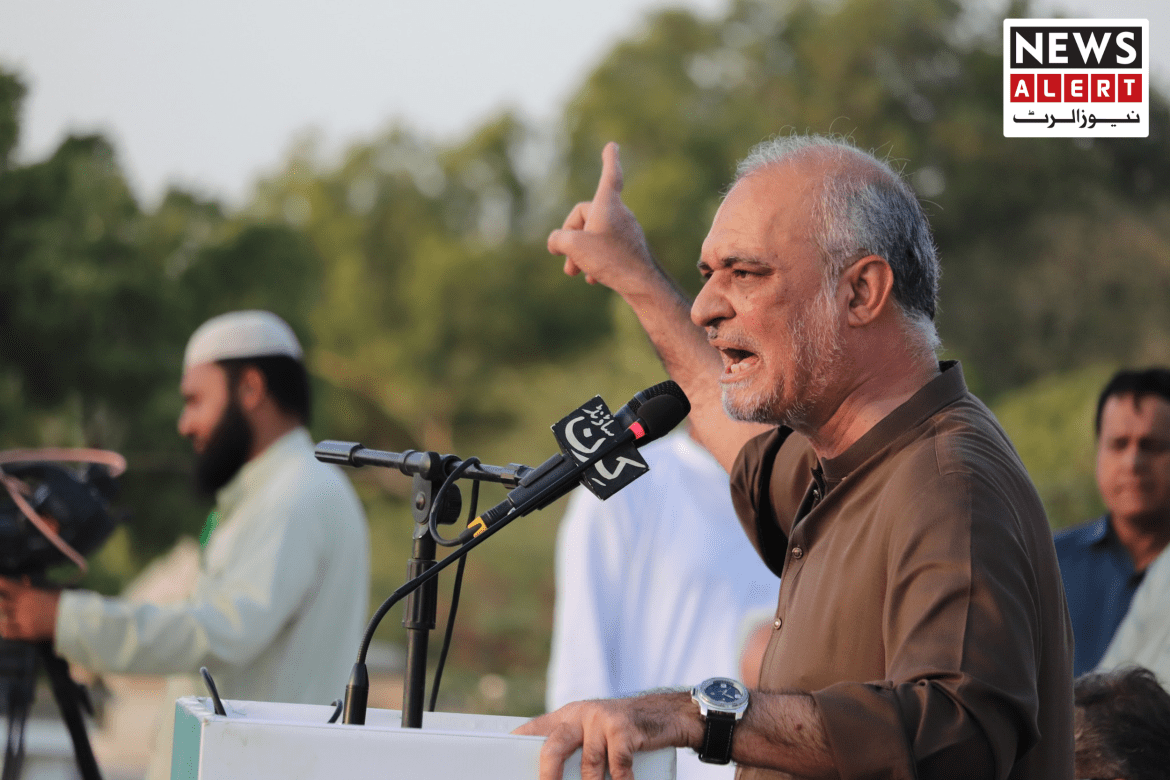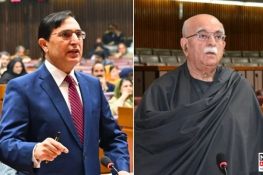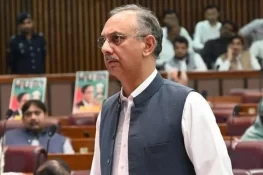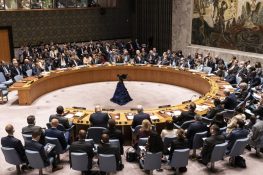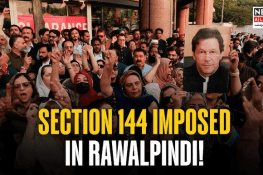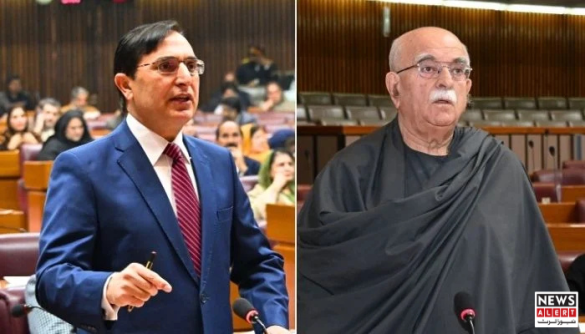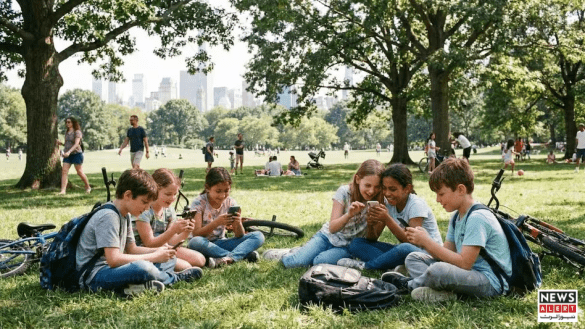Pakistan Is a Collective National Trust
Jamaat-e-Islami Pakistan chief Hafiz Naeem ur Rehman said in Lahore that Pakistan does not belong to any general, politician, or single powerful figure. He stressed that the country serves all its citizens and only the people hold the moral right to guide its future.
While speaking to journalists at Minar-e-Pakistan, he argued that no institution or individual can claim ownership of the state. Instead, he encouraged Pakistanis to recognise their collective responsibility for the country’s direction.
Warning Against Dynastic and Personality-Driven Politics
Hafiz Naeem highlighted the central role that political workers play in shaping national politics. He said that parties collapse when they rely on family-based systems or hereditary leadership. According to him, genuine democracy requires parties to open space for ordinary workers to rise on merit.
He pointed out that Pakistan’s political environment often rewards loyalty to families rather than competence. By doing so, parties weaken their connection to the public. He called for a political culture where leaders emerge through transparent internal processes instead of dynastic succession.
Many observers note that this criticism aligns with long-standing concerns about Pakistan’s major parties, where leadership often passes from parent to child. Hafiz Naeem urged political groups to break this cycle and rebuild trust with citizens.
Concerns About Bangladesh’s Tilt Toward India
Discussing regional dynamics, Hafiz Naeem said that Bangladesh, once part of Pakistan, has moved closer to India over the past decade and a half. He suggested that India’s influence in Bangladesh has grown rapidly and now shapes many of Dhaka’s political decisions.
He argued that South Asia’s shifting geopolitics demand unity within Pakistan. According to him, Islam can serve as a common bond for communities that often hold competing political views. He urged Pakistanis to protect national interests by strengthening internal cohesion.
Analysts agree that India and Bangladesh have expanded cooperation in trade, security, and infrastructure since the late 2000s. Hafiz Naeem used this context to emphasise the need for Pakistan to stay vigilant about external involvement in the region.
Real Power Lies With the People
Hafiz Naeem underlined once again that citizens give the state its authority. In his view, Pakistan should not permit any political elite or powerful circle to steer national affairs. He urged the public to demand a system where every institution follows constitutional limits and respects democratic norms.
According to him, national progress depends on leaders who pay attention to the people’s concerns rather than shielding privileged groups. He also called for firm accountability, transparent governance, and a political structure that reflects the needs of ordinary Pakistanis.
Criticism of Global Diplomatic Contradictions
In the final part of his discussion, Hafiz Naeem criticised inconsistencies in international diplomacy. He said that many world leaders speak about ceasefires in conflict zones yet still seek approval from figures like former US President Donald Trump.
He cited this behaviour as an example of global double standards. According to him, countries often prioritise political alliances over justice. He urged Pakistan to adopt a foreign policy guided purely by national interest.
A Call for Reform and Unity
Hafiz Naeem concluded by urging Pakistanis to work toward political reform and national unity. He encouraged parties to abandon personality-based politics and empower workers at the grassroots level.
He said that Pakistan can overcome its current political and economic challenges only when its citizens stand together and take collective responsibility for the nation’s future.
He also highlighted the importance of supporting vulnerable communities during national crises, a point he has raised earlier as well, including calls for compensation and relief for flood-hit families.

